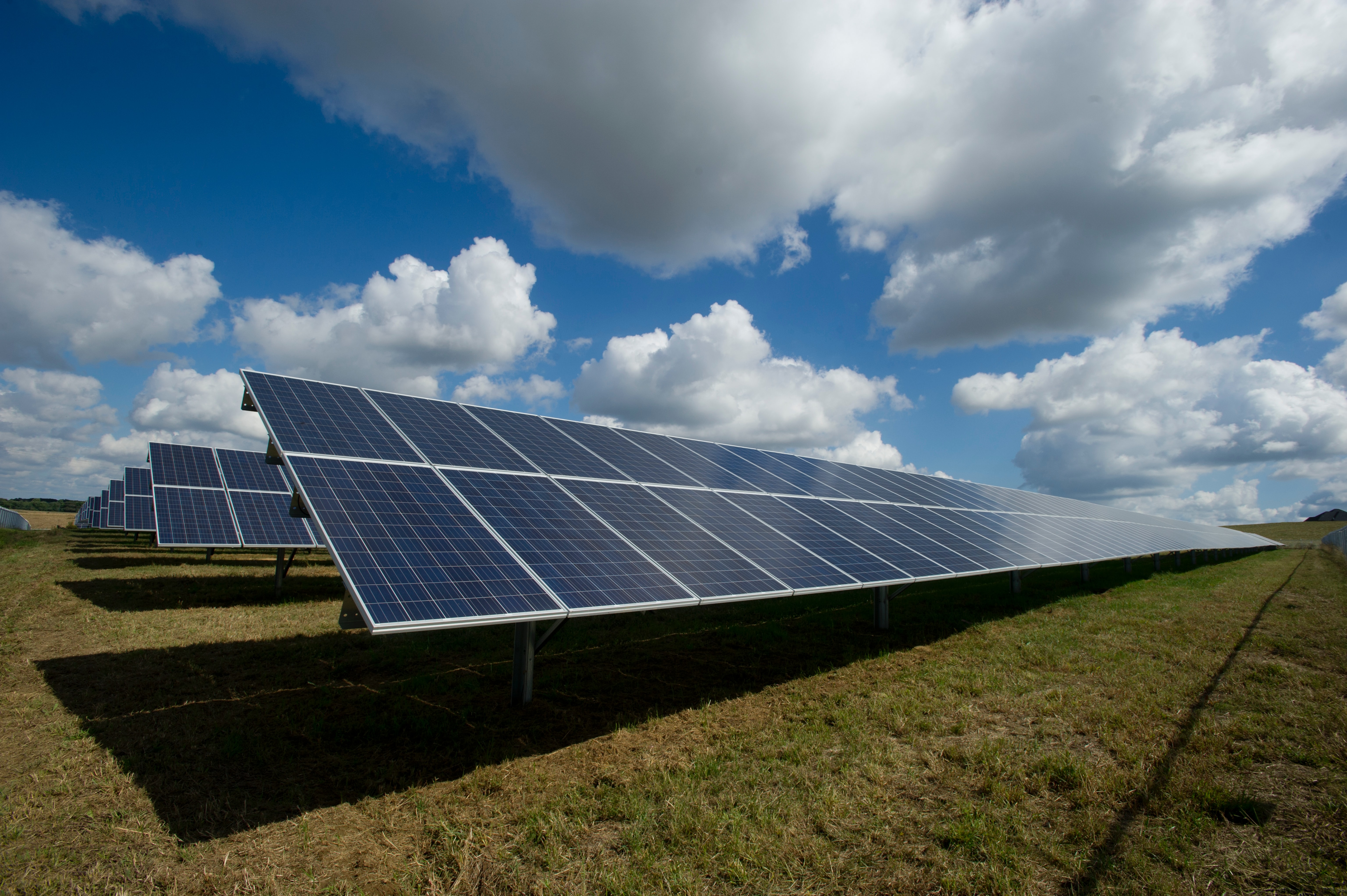The goal of the power sector intervention is the establishment and maintenance of an inclusive and participatory platform that will contribute to the development of a rule-based Nigerian power sector that is self-reliant, environmentally friendly, sustainable, promoting universal access to affordable and quality electricity to support national development.
Energy And Environmental Reforms

The goal of this intervention is the establishment of an inclusive and participatory platform that will contribute to the development of a rule-based Nigerian energy sector that is self-reliant, environmentally friendly and sustainable.
The sub-goals or objectives include:
- raising public awareness and sensitisation on the contents of the Electric Power Sector Reform Act
- legislative and policy advocacy for the development of aspects of the reforms not presently covered by policy and legislation
- engagement and support to official institutions and agencies such as the National Assembly, Presidential Committees, Nigerian Electricity Regulatory Commission, Bureau for Public Enterprises, etc
- capacity building for enhanced engagement and holding duty holders to account, essentially promoting demand for accountability
- networking for continuous information exchange.
The project is committed to the realisation of 8 outputs namely increased stakeholder participation in the design of the Platform for engaging power sector reforms; increased public understanding, awareness and sensitization on the contents of the reforms; enhanced transparency and accountability of power sector reforms and enriched national policies. Other outputs are enhanced legislative framework; enhanced affordability of electricity; enhanced access to electricity and increased capacity building. Current activities include power procurement watch which focuses on monitoring power sector procurements, policy work around Vision 2020 and a legal framework for responding to legal infractions to the Electric Power Sector Reform Act.
The project organized capacity building workshops for over 100 CSOs in Lagos and Abuja on the legal and policy issues in power sector reforms. It also organised a workshop in Abuja in 2011 to review the draft Multi Year Tariff Order issued by the Nigerian Electricity Regulatory Commission. The workshop interrogated the modalities, framework, building blocks and macroeconomic indicators underling the determination of the tariffs and fees chargeable in the electricity industry and produced recommendations that were submitted to NERC.
In collaboration with NERC, the project organized eight Power Consumer Assemblies in 2011 (Lagos, Ado Ekiti, Calabar, Makurdi, Abuja, Gombe, Sokoto and Owerri) to enlighten and sensitise stakeholders across the country on the issues and challenges in power sector reforms. Over 4000 participants attended the forums. The project is currently working on freedom of information issues in electric power sector reforms. In 2013, CSJ in collaboration with Heinrich Boll Foundation prepared a consultative paper on infrastructure and alternative energy platforms. The paper pointed out the cost effectiveness of using green energy for development.
